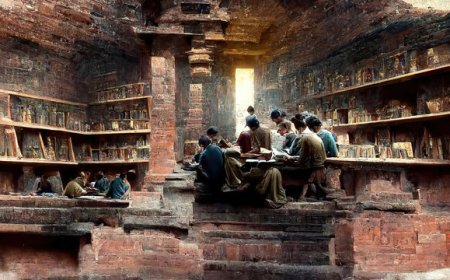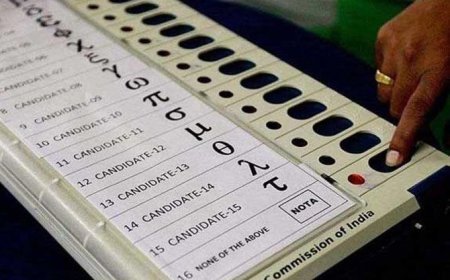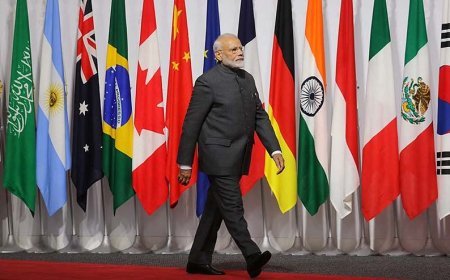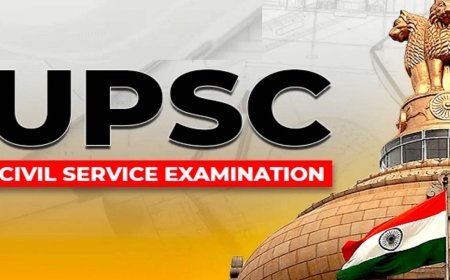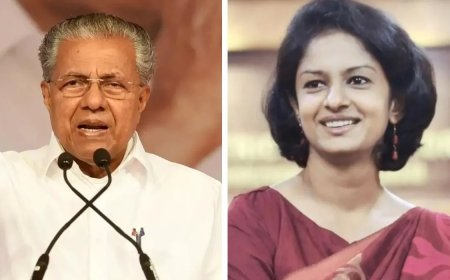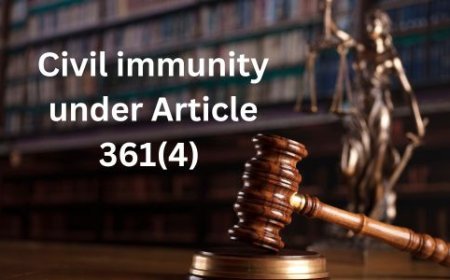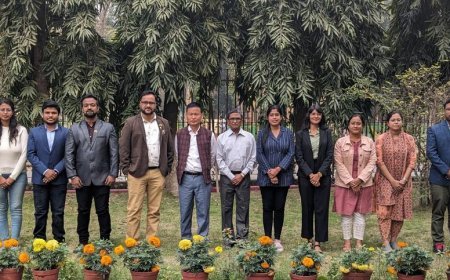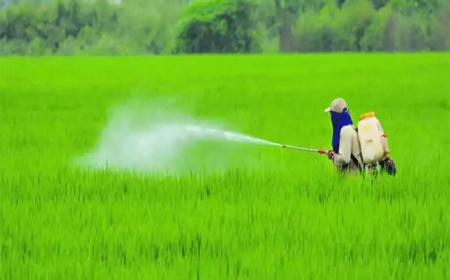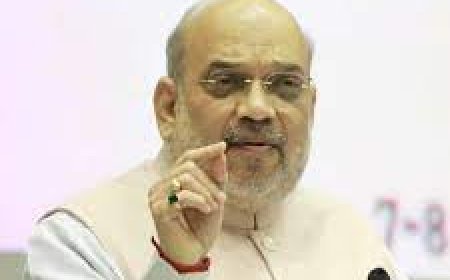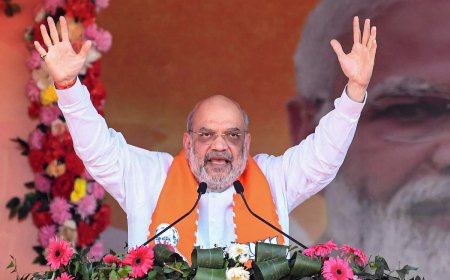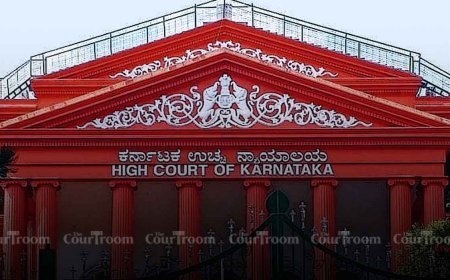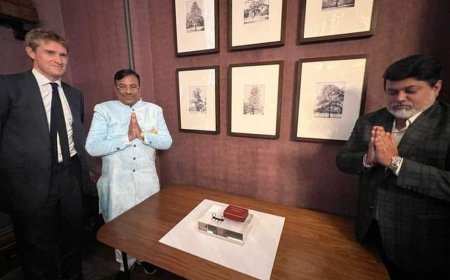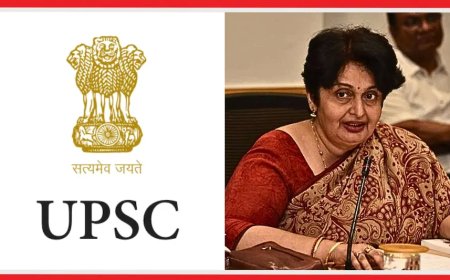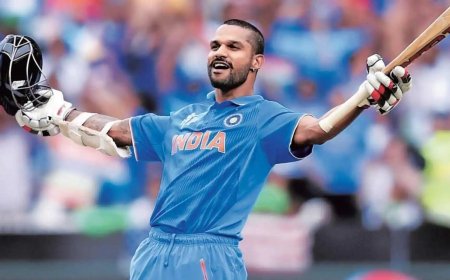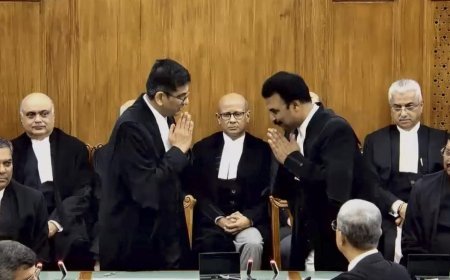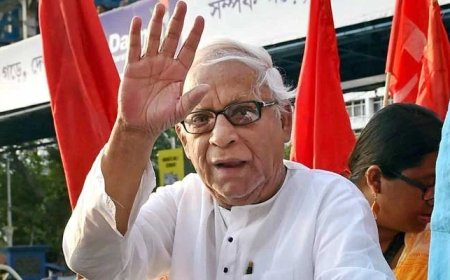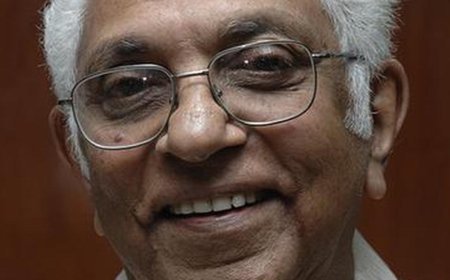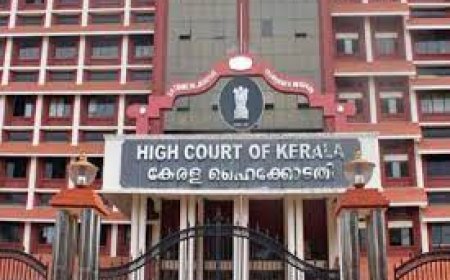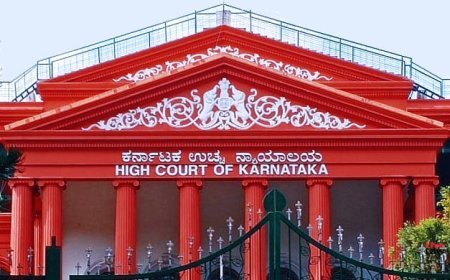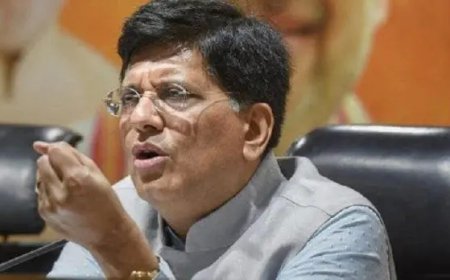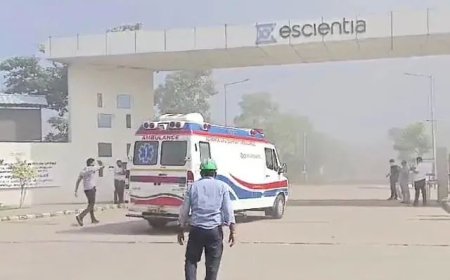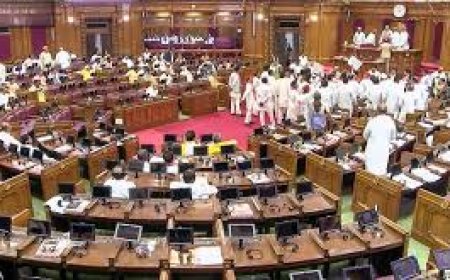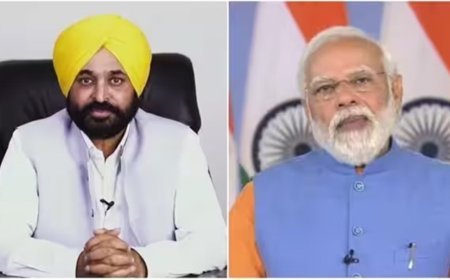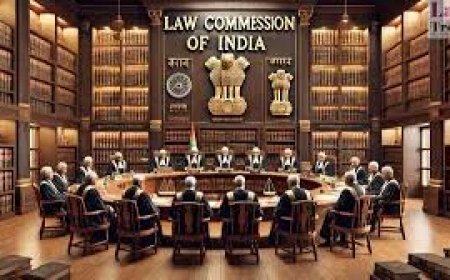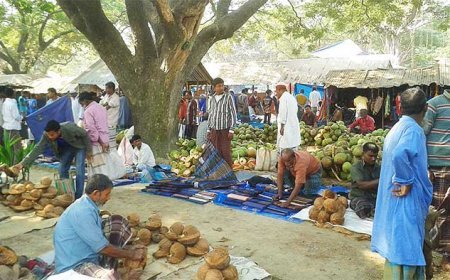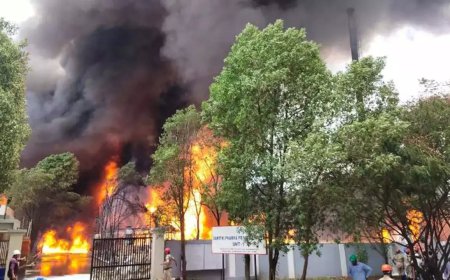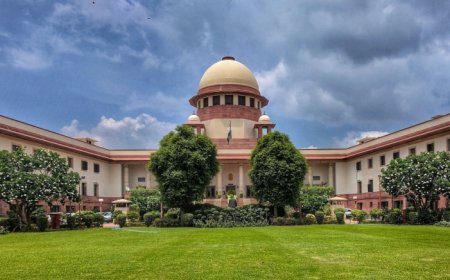Kerala High Court Judge Raises Concerns Over New Criminal Laws, Highlights Potential Constitutional and Operational Issues

Kerala High Court Judge Raises Concerns Over New Criminal Laws, Highlights Potential Constitutional and Operational Issues
Kerala High Court Judge K. Babu has expressed significant concerns regarding the recently enacted criminal laws in India, warning of potential constitutional and operational challenges. Speaking at a panel discussion titled "New Criminal Laws – A Watershed Moment for Criminal Justice," organized by the Thiruvananthapuram Rural District Police, Justice Babu highlighted several critical issues that could impact the effective implementation of these laws.
Key Concerns Raised by Justice Babu
Justice Babu emphasized the need for careful constitutional interpretation of specific provisions within the new laws. He noted that the lack of thorough parliamentary discussions before the enactment of these laws could lead to difficulties for constitutional courts in interpreting the intent behind the legislation. This could result in legal ambiguities and challenges in ensuring that the laws align with constitutional principles.
One of the most pressing issues highlighted by Justice Babu is the risk of misuse of certain provisions, particularly Section 152 of the Bharatiya Nyaya Sanhita. This section deals with actions endangering the sovereignty, unity, and integrity of the country, imposing severe penalties, including life imprisonment. Justice Babu pointed out that the parameters of this section are not clearly defined, which could lead to potential abuse of power by authorities. He stressed that such powers must be exercised with utmost caution in a constitutional democracy.
Delays in the Justice System
Justice Babu also drew attention to the significant delays plaguing India's justice system, which he attributed to inadequacies in the current legal infrastructure. He underscored that Article 21 of the Indian Constitution guarantees the right to a speedy trial, yet delays remain prevalent from the investigation stage onwards. He cited the low police-to-population ratio in India—150 per 100,000 people, compared to the United Nations' recommendation of 222 per 100,000—as a contributing factor to these delays.
Moreover, Justice Babu criticized the lack of implementation of the Supreme Court’s Prakash Singh judgment, which calls for the separation of law and order functions from investigative functions within the police. He noted that the new criminal laws do not address this issue, nor do they provide measures to expedite the disposal of pending cases, which currently number nearly 50 million across the country.
Positive Aspects of the New Laws
Despite his concerns, Justice Babu acknowledged some positive steps introduced by the new laws. These include provisions for the audio and video recording of crime scenes, time limits for investigations and trials, and victim-centric measures such as allowing female magistrates to take victim statements in cases of sexual offenses. The laws also include provisions for witness and victim protection schemes, which Justice Babu praised for their focus on safeguarding victims' rights.
Conclusion
Justice Babu's remarks underscore the need for a balanced approach to criminal justice reform, one that ensures both the protection of individual rights and the effective enforcement of laws. As the new criminal laws begin to be implemented, it remains to be seen how these concerns will be addressed by the judiciary and law enforcement agencies. The discussion, which included participation from key legal and law enforcement figures, highlighted the ongoing debate about the future of criminal justice in India.
What's Your Reaction?










